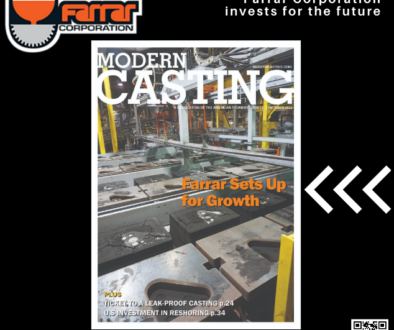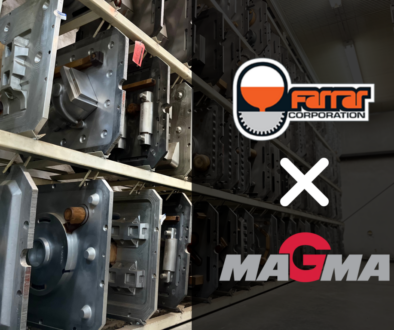The Crucial Role of Ductile Iron in the Valve Industry
In the world of valves, where precision, durability, and reliability are paramount, one material stands out as a cornerstone: ductile iron. This versatile alloy plays a crucial role in the valve industry, offering a unique combination of strength, ductility, and cost-effectiveness that makes it indispensable in various applications across numerous sectors.
Ductile iron, also known as nodular or spheroidal graphite iron, is a type of cast iron that undergoes a special treatment process, resulting in the formation of graphite nodules within its microstructure. These nodules give ductile iron its exceptional mechanical properties, including high tensile strength, excellent elongation, and improved corrosion resistance compared to traditional cast irons.
So, why is ductile iron so vital in the valve industry? Let’s delve into its key attributes and contributions:
Strength and Durability: Valves are subjected to extreme conditions, including high pressure, temperature variations, and corrosive environments. Ductile iron’s superior mechanical properties make it an ideal choice for valve components such as bodies, bonnets, and discs, providing the strength and durability necessary to withstand these harsh operating conditions over an extended lifespan.
Machinability: Ductile iron is renowned for its machinability, allowing for precise machining of intricate valve components with tight tolerances. This enables manufacturers to produce valves with intricate designs and complex geometries, ensuring optimal performance and functionality.
Corrosion Resistance: Corrosion can significantly impact the performance and lifespan of valves, particularly in industries such as oil and gas, water treatment, and chemical processing. Ductile iron’s inherent corrosion resistance, coupled with proper coatings or linings, helps protect valves from degradation caused by corrosive media, enhancing their longevity and reliability.
Cost-Effectiveness: While offering exceptional performance characteristics, ductile iron remains a cost-effective material choice for valve manufacturers. Its relatively low production costs, coupled with ease of casting and machining, make it a preferred option for producing high-quality valves without compromising on affordability.
Versatility: Ductile iron’s versatility extends beyond traditional valve applications. It finds use in a wide range of valve types, including gate valves, butterfly valves, check valves, and globe valves, catering to diverse industrial sectors such as energy, infrastructure, mining, and manufacturing.
Standards Compliance: Ductile iron valves meet stringent industry standards and specifications, ensuring compliance with regulatory requirements and providing assurance of performance and safety in critical applications.
Ductile iron plays a pivotal role in the valve industry, offering a winning combination of strength, durability, machinability, corrosion resistance, cost-effectiveness, and versatility. As a material of choice for valve manufacturers worldwide, ductile iron continues to shape the landscape of modern engineering, driving innovation and excellence in fluid control systems across various sectors.



